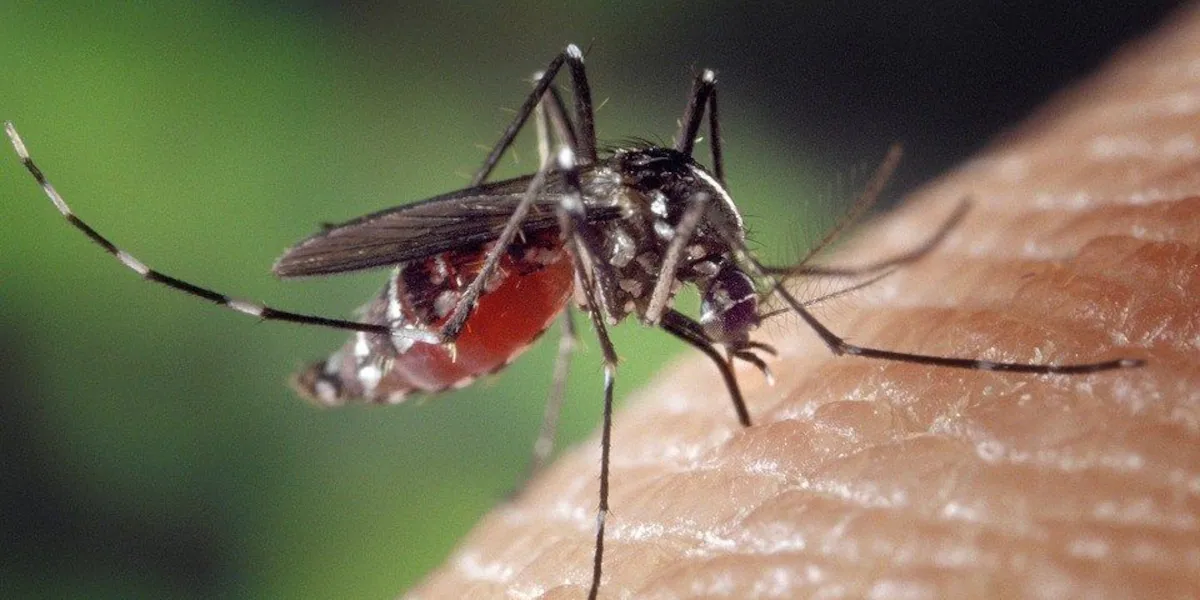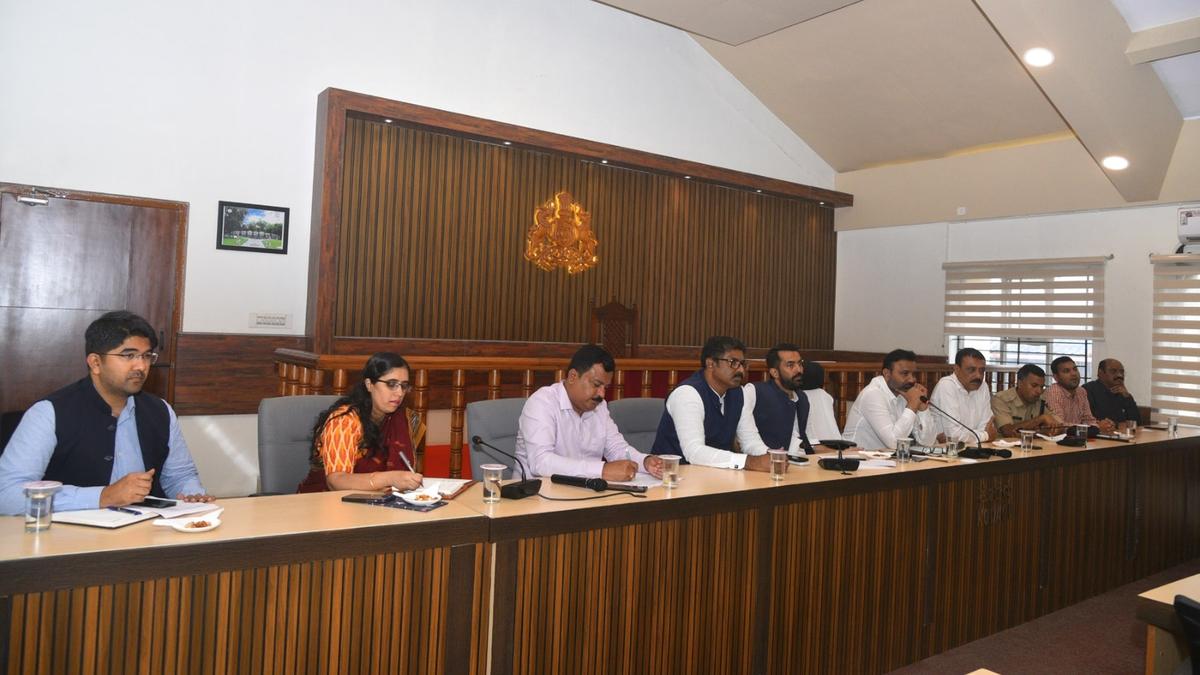
BEAUFORT COUNTY, S.C. (WCSC) – The South Carolina Department of Public Health has confirmed the first human death of Eastern Equine Encephalitis virus since 2003.
The death was confirmed to be in Beaufort County.
“Sadly, a person from Beaufort County has died from an infection of eastern equine encephalitis virus,” said Dr. Edward Simmer, interim DPH director. “While cases of the virus in people are extremely rare, the effects can be very serious to those who are infected. We encourage everyone to take action to reduce the risk of mosquito bites, including eliminating mosquito breeding sites.”
The EEE virus is spread to humans from an infected mosquito bite and is not transmissible from person to person, according to the South Carolina Department of Public Health.
Mosquitoes can develop in water standing for more than five days.
Infection from the virus can cause febrile illness without neurological symptoms or can cause neurological symptoms and disease because of inflammation and damage to the brain or lining of the brain and spinal cord.
There are no vaccines to prevent the virus or medications to treat human infections.
The Centers for Disease Control and Prevention says that approximately 30% of people who develop the virus die, and many who survive have ongoing neurological problems.
The Beaufort County Mosquito Control performed multiple mosquito sprays by truck in the area of the confirmed case, and will spray by helicopter for more effective coverage.
Beaufort County says it will continue monitoring the mosquito population through increased area trapping, laboratory analysis and abatement missions based on surveillance data.
Information about Beaufort County Mosquito Control can be found here.
The S.C. Department of Public Health recommends the “7 Ts” to help keep homes and yards mosquito-free:
TIP over anything that can hold water, such as toys, plant saucers or vases. To disrupt mosquito breeding cycles, change water often, even daily, in items like dog bowls and bird baths.
TOSS or recycle any unwanted yard items that may collect water, such as old tires, junk, or trash.
TURN over items that can hold water like children’s pools, wheelbarrows, or buckets.
TIGHTEN tarps over items like boats, wood piles, grills, and pools.
TAKE CARE of your property. Clean out debris from ditches, drains, and gutters. Keep grass cut low and trim or remove overgrown plants.
TREAT items that can’t be drained or emptied with appropriate mosquito control products.
TEAM UP and talk with neighbors about reducing mosquitoes in and around your home and neighborhood.



